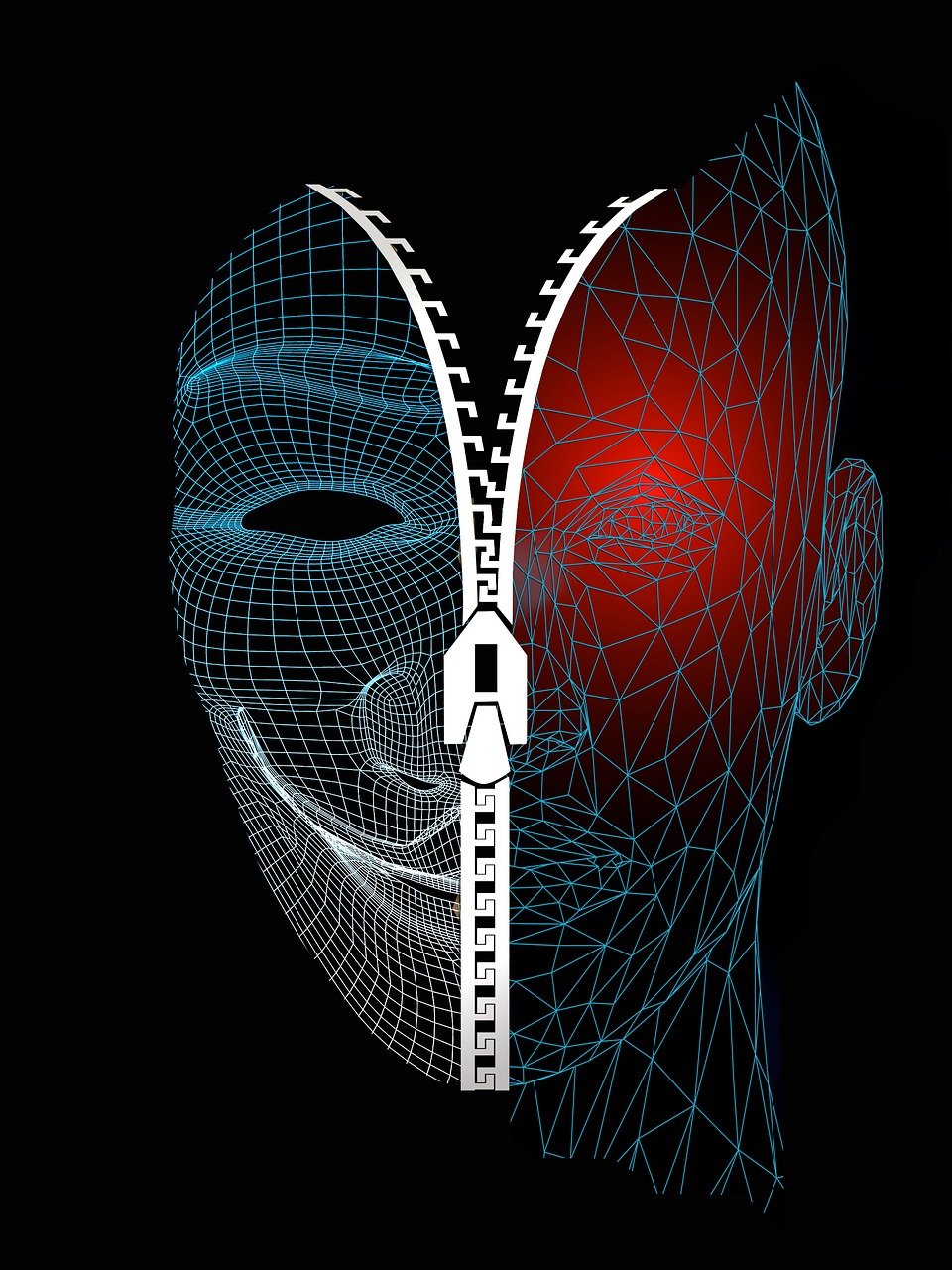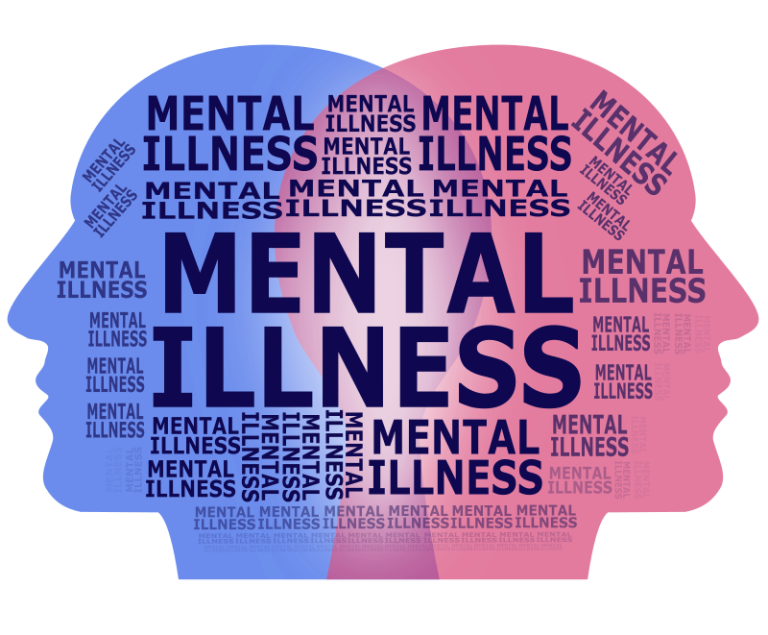BPD or ADHD – Or Both? Understanding Overlap and Why It Matters for Carers
-
by
Dr Constantina Katsari
- No Comments on BPD or ADHD – Or Both? Understanding Overlap and Why It Matters for Carers
When your loved one struggles with overwhelming emotions, impulsive choices, and a constant tug-of-war with attention or relationships, it can be hard to make sense of what’s really going on. Is it Borderline Personality Disorder (BPD)? Is it ADHD? Could it be both?
A recent review by Ditrich, Philipsen, and Matthies brings much-needed clarity to these questions. Their research helps disentangle the overlapping threads of BPD and ADHD—and offers insights that could transform how carers support loved ones dealing with one or both conditions.
Similar on the Surface, Different at the Core
At first glance, BPD and ADHD seem to share a lot: impulsivity, emotional intensity, difficulties with focus and relationships. But the source of these challenges often differs—and that distinction matters when it comes to support and treatment.
- In ADHD, impulsivity is often about action: speaking without thinking, interrupting, or struggling to sit still.
- In BPD, impulsivity often emerges in crisis: self-harm, emotional outbursts, or reckless choices tied to distress.
The same goes for emotional regulation. People with ADHD may feel things strongly and react quickly, but tend to recover more easily. Those with BPD often live in a cycle of intense emotional pain, with long-lasting reactions and deep-seated fears of abandonment.
This difference in “emotional architecture” is crucial for carers to understand—because it shapes the kind of support that works.
Why Diagnoses Overlap—and What to Watch For
The review highlights that up to 60% of people with BPD also meet criteria for ADHD, and many ADHD symptoms appear in people with BPD. But this overlap can lead to misdiagnoses—especially in childhood—when behaviours rooted in trauma or neglect may be mistaken for ADHD.
This makes careful assessment vital. If your loved one was diagnosed with ADHD as a child but still struggles with extreme emotional pain or relationship instability in adulthood, BPD may also be part of the picture. Equally, someone diagnosed with BPD who also shows long-term attention and impulse control issues might benefit from ADHD-informed care.
Screening for trauma is also key. Both conditions are strongly linked to early adverse experiences. The more severe the trauma, the higher the risk for both BPD and ADHD—especially when they occur together.
Impulsivity: Two Disorders, Two Mechanisms
One of the most illuminating insights from the review is how impulsivity functions differently in BPD and ADHD.
- ADHD impulsivity is described as trait-based—a constant, underlying feature.
- BPD impulsivity is state-based—it flares up in moments of emotional distress or perceived threat.
Think of ADHD as having a faulty brake system—where the person may act before thinking even when calm. BPD, by contrast, is more like a system prone to flooding: calm until the water rises too high, then overwhelmed.
This matters deeply for carers. If your loved one’s impulsivity worsens dramatically during emotional moments, it’s likely stress-sensitive—and support strategies should focus on emotional containment and environmental calm. For ADHD-related impulsivity, structure, routine, and attention aids may be more effective.
Emotional Dysregulation: The Amplifier
Emotional dysregulation—difficulty managing emotional responses—is a hallmark of BPD and common in ADHD. The review found that this symptom is most severe in people who have both conditions.
This can explain why carers may feel like they’re always firefighting. Emotional intensity in a loved one can escalate quickly, particularly if both disorders are present. But knowing that this is a recognised pattern—not a personal failure—can offer relief.
Research also shows that people with ADHD tend to use more adaptive coping strategies than those with BPD. This could mean that ADHD-specific strategies (like CBT) may be helpful for some, while others may need BPD-specific approaches like Dialectical Behaviour Therapy (DBT).
Trauma’s Role in the Story
Both BPD and ADHD are strongly linked to early trauma. In fact, children with ADHD are more likely to encounter traumatic situations—often because impulsive or challenging behaviour can provoke harsher parenting or peer rejection.
The review makes it clear: childhood trauma doesn’t just happen to BPD patients—it’s also common in those with ADHD, and especially in those with both. This supports the idea that an ADHD diagnosis should never be made in isolation from a child’s life context. Understanding a child’s emotional environment can prevent misdiagnosis and ensure trauma-informed care.
What This Means for Treatment—and for You as a Carer
Perhaps the most striking finding is that treatment for co-occurring ADHD and BPD is still under-researched. There are no standard guidelines, but early studies suggest that treating ADHD—especially with medications like methylphenidate—may improve outcomes for people with both diagnoses when combined with therapy like DBT.
This reinforces a message carers often intuitively grasp: there’s no one-size-fits-all approach. Your loved one may need support that blends ADHD tools (structure, medication) with BPD approaches (validation, emotion regulation skills).
Here’s what you can do:
- Understand the dual nature: If your loved one has both BPD and ADHD traits, push for integrated care. A diagnosis of one doesn’t rule out the other.
- Create calm, not control: Especially in BPD, impulsivity thrives on stress. Support begins with co-regulation, not correction.
- Support adaptive strategies: Encourage healthy coping mechanisms—journaling, mindfulness, movement—that suit your loved one’s needs.
- Don’t forget yourself: Caring for someone with these challenges is emotionally intense. BPD UK’s AI Coach, support groups, and webinars are designed to help you stay grounded and connected.
Final Thoughts
Whether your loved one is navigating BPD, ADHD, or both, your role as a carer is invaluable. The science is still catching up to what many carers already know: that impulsivity and emotional reactivity aren’t about bad choices—they’re about internal systems overwhelmed by stress, trauma, and unmet needs.
BPD UK is here to walk this road with you. By staying informed and connected, you help rewrite the story—not just for your loved one, but for a mental health system still learning to listen.
To explore more resources or join a peer support group, visit BPD UK. For the full scientific article that inspired this post, see Borderline Personality Disorder and ADHD Revisited.
💬 Caring for someone with BPD?
👉 Book a FREE One2One support session
🧠 Join our FREE webinars and peer groups
📩 To book email us at: info.bpduk@gmail.com
Discover more from BPD UK
Subscribe to get the latest posts sent to your email.




